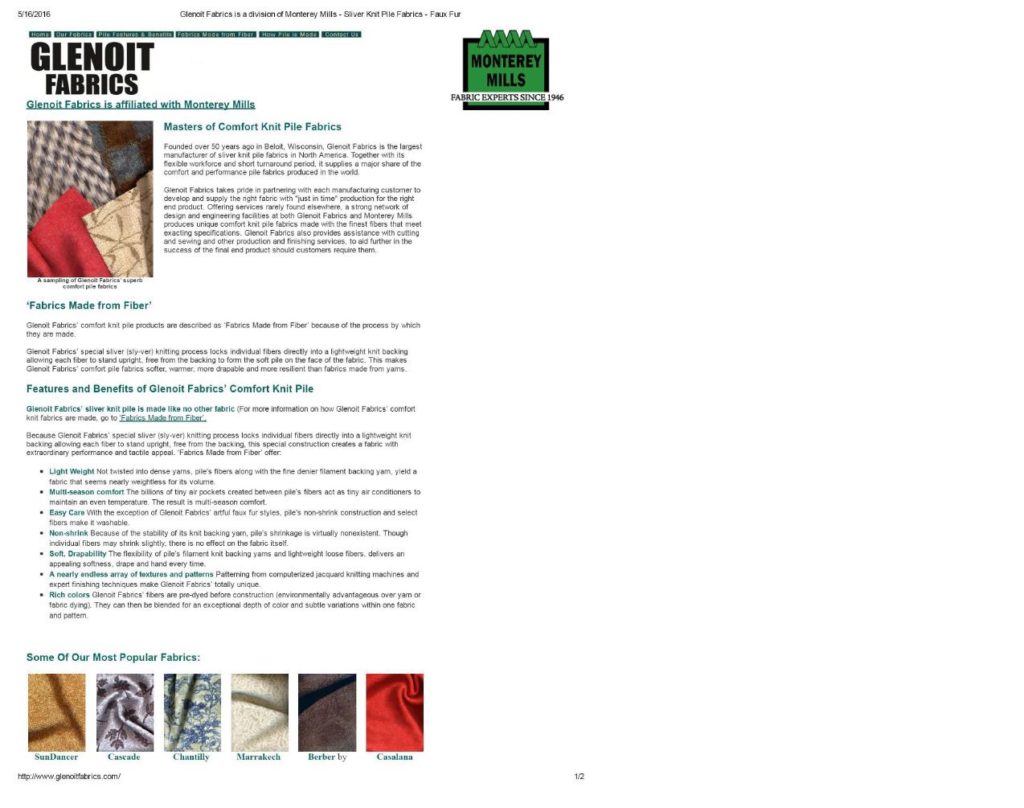In In re Siny Corp., [2018-1077] (January 14, 2019, April 10, 2019), the Federal Circuit affirmed the TTAB’s decision affirming the Examiner’s refusal to register CASALANA because the applicant failed to provide an acceptable specimen of use.
The issue on appeal was whether Siny’s webpage specimen qualified as a “display associated with the goods” under the Lanham Act. The Federal Circuit began its analysis noting that mere advertising is not enough to qualify as such a display. The Federal Circuit disagreed that the TTAB applied improperly rigid requirements, noting that the Board carefully considered the webpage’s contents and determined, on the record before it, that the specimen did not cross the line from mere advertising to an acceptable display associated with the goods.
In particular the Board relied upon the absence of information essential to a purchasing decision, such as a price or or range of prices for the goods, the minimum quantities one may order, accepted methods of payment, or how the goods would be shipped. The Board noted that “if virtually all important aspects of the transaction must be determined from information extraneous to the web page, then the web page is not a point of sale.” The Board further noted the absence of any evidence (as opposed to attorney argument) of how sales are actually made—e.g., documentation or verified statements from knowledgeable personnel as to what happens and how.
The best trademark specimens are, of course, pictures showing the mark actually applied to the product, or to the packages for the product, when these are not available, point of purchase displays, including catalogs and web pages may do, provided they really at the point of purchase and not mere advertising. The only time an advertisement would be an acceptable specimen is to show use of a service mark.

